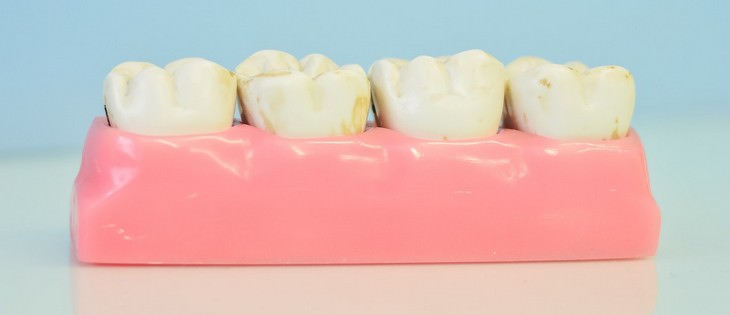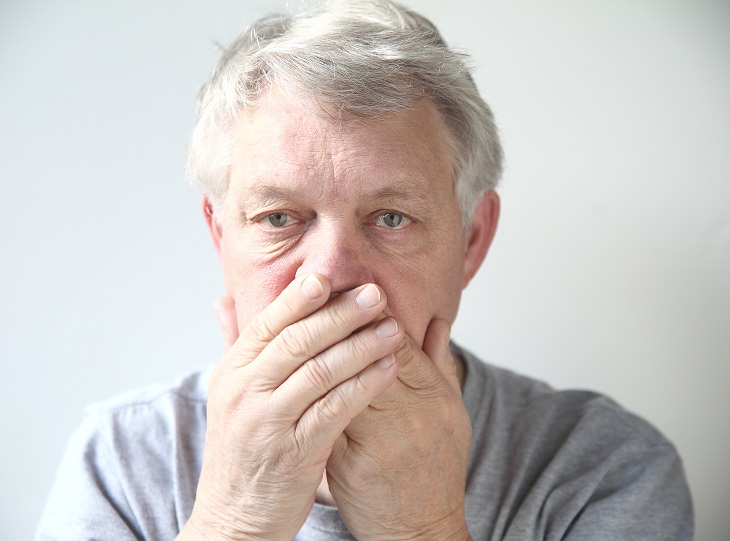I’ve tried to quit smoking for a number of
years, but all the tips and guides I read in the past have never seemed
to work for me. I resigned myself to the fact that I just had to go cold
turkey to put an end to my habit once and for all. Here are 10 highly
unusual quit-smoking tips that really helped me kick my habit:

1. Remember the Law of Addiction
re-establishment of chemical dependence upon the addictive substance”.
In other words, forget about having a cigarette to “reward” yourself for
not smoking, or saying “I’ll just have one”. A lapse usually results in
relapse for most quitters. Furthermore, embrace the fact that you’re
addicted to nicotine. Doing this in itself is liberating.
2. Measure your victories with realistic
yardsticks
Instead of saying you’re going to quit “forever”, celebrate your freedom
from tobacco and nicotine every hour, every time you overcome a
craving, or at the end of each smoke-free day. Set a date, and celebrate
being smoke-free once and for all on that date.
3. Realize that you will go through an emotional recovery process
Make no mistake – chemical dependency on smoking isn’t easy to break. It
has infected almost every part of your life and thinking. Similarly to
if you’ve just lost someone dear to you, be prepared to go through
different phases of emotional loss when quitting smoking, namely denial,
anger, bargaining, depression, acceptance and complacency.
4. Make Sure You Eat Regularly

Each time you take a puff from a cigarette,
the nicotine you inhale releases stored fats and sugars into your
bloodstream, meaning you can skip meals with ease and avoid being unable
to concentrate, and/or hunger-related anxiety. This will not be
possible once you quit smoking, so make your life easier and make sure
you eat when you should be eating. Don’t skip breakfast or lunch. Eat
less food more frequently.
Drink lots of acidic fruit juice, such as cranberry juice, during the
first three days of quitting. This will accelerate the process of your
body ridding itself of alkaloid nicotine from your bloodstream, as well
as helping to stabilize blood sugars.
5. Avoid all crutches
A crutch is any form of quitting reliance that you lean upon heavily to
support your recovery. This could be a person, product, service or
activity. If you remove this crutch quickly, you’re highly likely to
relapse.
The truth is you don’t need a crutch at all, so don’t let any person or
thing become one. Everything you did as a smoker, you are able to do as a
non-smoker. What you should do differently is carefully watch your
alcohol consumption during the first few days of quitting.
6. Employ techniques to cope with cravings
It’s to be expected that you’ll experience short yet powerful anxiety
episodes in certain situations, because you’ve conditioned your mind to
expect the arrival of nicotine at certain times of day, in certain
places, while doing certain activities, or even when feeling certain
emotions. An episode will last up to three minutes.
Don’t hide from the things that trigger cravings – confront them head-on
and extinguish them one by one. You will likely find that each time you
confront a trigger, your mind will become reconditioned, and you won’t
experience cravings in that situation any longer. Embrace each one – it
is a beautiful moment of subconscious healing.
Two coping techniques are to breathe slowly and deeply while focusing on
your favorite person or thing in order to quieten down the chatter in
your mind, or saying your ABCs while associating each letter with one of
your favorite things or people.
7. Be aware of caffeine/nicotine interaction
Nicotine actually doubles the rate at which
your liver is able to deplete caffeine, so in theory, you need to halve
your caffeine intake when quitting smoking if you drink energy drinks
or lots of coffee. This shouldn’t be an issue for you if you’re a light
to moderate caffeine drinker.
8. Be aware of time distortion when quitting
Studies have shown that coming off nicotine does distort your sense of
time. Be aware that a subconsciously-triggered craving episode will
never last longer than three minutes. While this might feel like hours,
it isn’t. Wear a watch or keep a clock handy to maintain an honest
perspective of time.
9. Be prepared to dream about smoking
As your body heals after quitting, tobacco odors being released by your
lungs are swept up by bronchial tubes and cilia, coming into contact
with your vastly-enhanced sense of smell. If you have a dream about
smoking, just interpret it as a sign that you’re healing – nothing else.
10. Remember there are only two good reasons for relapsing
level of tobacco consumption, speeding up the processes of sickness and
death, and the second is that you’ve decided that you really enjoy
withdrawals, and want to make the process last forever. If neither of
these reasons appeal to you, then you have every reason to stick to the
commitment you made to never have another puff again.










